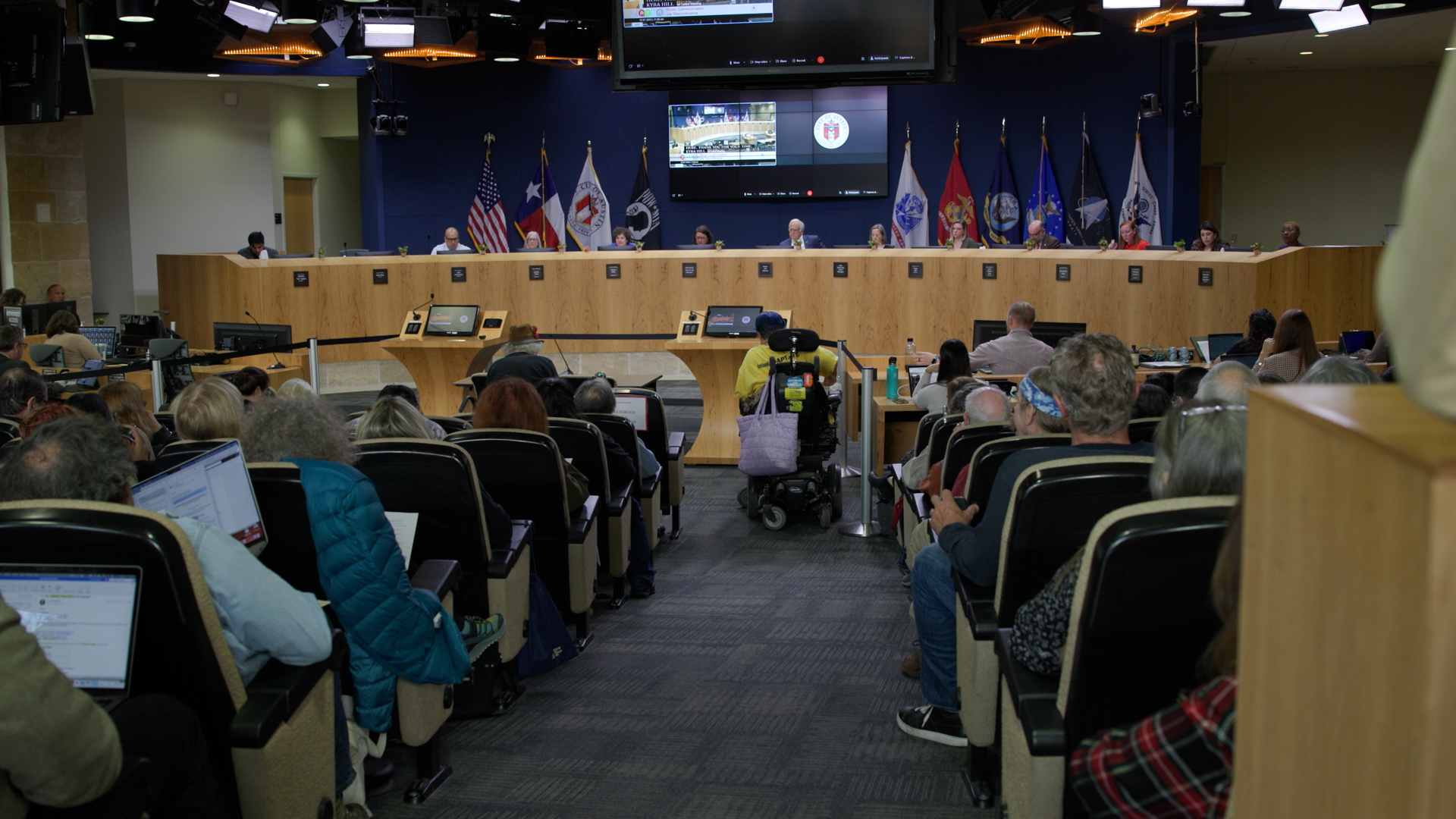
After city lost case on development rules, it’s been ordered to pay attorneys’ fees
This article was originally published by the Austin Monitor. To see the original post, click here.
Travis County District Judge Jessica Mangrum has ruled that the city of Austin must pay $175,000 in attorneys’ fees in a case on the city’s failure to abide by a previous order requiring notice to property owners when the city is changing development rules.
Mangrum’s assistant sent notice on Tuesday to the city’s attorneys and to Doug Becker, who represents the plaintiffs, led by Frances Acuña.
In that notice, the assistant instructed Becker to draw up the order and share it with city attorneys. That order will include additional fees should the city decide to appeal. If the city’s appeal is unsuccessful, they will have to pay an additional amount for each step in the appeal process. The fees for a trip to the 3rd Court of Appeals will be $25,000, unless the city prevails. If the city loses at that court and decides to ask for a review by the Texas Supreme Court, it will have to pay an additional $15,000. If the Supreme Court decides to take the case, which is not assured, the city will pay the plaintiffs’ attorneys an additional $15,000 for briefing the case. If the case includes oral argument at the Supreme Court, the city will owe Acuña’s attorneys another $5,000. The city will be required to pay these fees only if the plaintiffs prevail.
As the Austin Monitor reported in November, the plaintiffs in the case were able to convince the court to reject three ordinances that were designed to create more housing, particularly affordable housing. Those ordinances included the vertical mixed-use ordinance, residential uses in commercial areas and compatibility on corridors.
Council has already passed a new version of the vertical mixed-use ordinance allowing commercial properties to include housing, specifically affordable housing.
The court asked Becker to draw up the order and share it with the city’s lawyers and provide it to the court by May 10. Once the judge signs the order, the clock starts ticking on the appellate timeline. In general, the losing party will have 30 days to file a notice of appeal once the judge signs the final judgment. However, it is not clear whether that rule applies to temporary restraining orders, according to attorney Bill Aleshire, who was not involved in the case. He said, “Since the City agreed, as I understand it, to the extension of the TRO, I think the city attorney has waived appeal anyway.”
Former Council Member Daryl Slusher has shared his take on the losses by the city’s legal team here.
Community journalism doesn’t happen without community support.
Got story ideas, advice on how we can improve our reporting or just want to know more about what we do? Reach out to us at news@klru.org.
And if you value this type of reporting, then please consider making a donation to Austin PBS. Your gift makes the quality journalism done by the Decibel team possible. Thank you for your contribution.
More in Politics:
See all Politics posts





Contact Us
Email us at news@klru.org